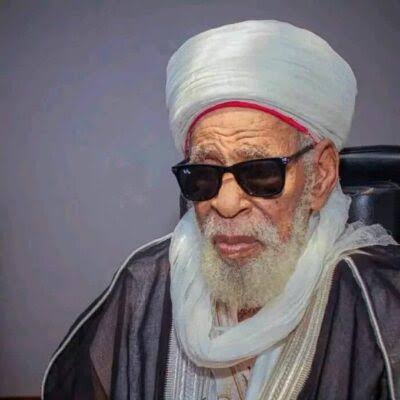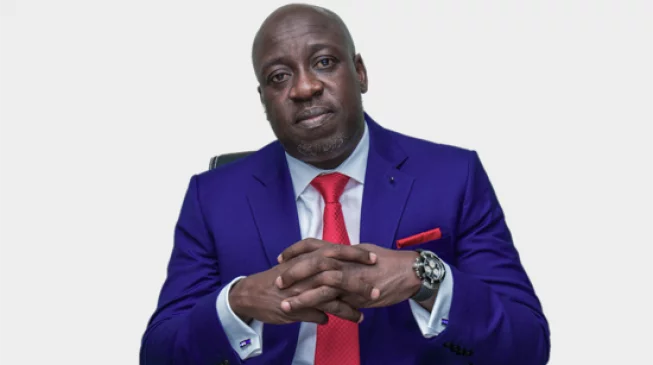Dennis Isong: How to Become a Licensed Realtor in Nigeria


When Ada, a young graduate in Lagos, decided to go into real estate, she thought it was all about connecting buyers with sellers and earning a commission. She started working with friends who had land to sell and quickly closed her first few deals. But soon, clients began asking for her license, questioning her credibility and choosing to work with more recognised realtors. That was when she realised that in today’s competitive market, you need to be licensed to stand out. Many aspiring realtors in Nigeria start informally, but as the industry grows and more people enter, credibility and professionalism matter more than ever. This is why knowing how to become a licensed realtor in Nigeria is important for anyone who wants to build a sustainable career in real estate.
How to Become a Licensed Realtor
The Nigerian Institution of Estate Surveyors and Valuers (NIESV) and the Estate Surveyors and Valuers Registration Board of Nigeria (ESVARBON) are two of the key regulatory bodies shaping standards in the industry. While not every realtor needs to become a chartered surveyor, licensing through recognised associations or professional groups has become the new way to gain credibility and long-term trust.
The first step is education. You don’t necessarily need a university degree in Estate Management, though it helps if you want to rise to the highest professional levels. What matters is that you take structured training that teaches you the legal, ethical, and practical aspects of real estate.
There are various accredited institutions, online courses, and physical real estate academies in Lagos, Abuja, and other cities that now offer realtor training programs. These courses typically cover property law, negotiation, marketing, customer relations, and the fundamentals of valuation. Most organisations now require proof of training before you can be licensed or recognised as a realtor.
Apart from formal education, mentorship plays a big role. Many licensed realtors started by working under experienced professionals who guided them through real deals. The combination of classroom knowledge and real-life exposure prepares you for the market far better than just theory.
Registration and Licensing Process
Once you have your training in place, the next step is registration. Different professional associations now provide membership and licensing opportunities. For example, the Association of Estate Agents in Nigeria (AEAN), recognised under NIESV, offers membership that requires proof of training, character references, and a commitment to follow ethical standards.
For those aiming higher, becoming a chartered estate surveyor through NIESV and registering with ESVARBON opens even more doors. This path is longer and requires a degree in Estate Management plus years of professional practice, but it guarantees the highest recognition in the industry.
Beyond professional associations, state governments in places like Lagos also encourage realtors to register their businesses officially with the Corporate Affairs Commission (CAC). Having a registered business name, a tax identification number, and proper documentation adds an extra layer of legitimacy to your practice. In 2025, clients are less likely to deal with someone who cannot provide a verifiable business identity.
Suggestive Future of Licensed Realtors
Becoming a licensed realtor is not just about personal career growth but about positioning yourself for the future of the industry. With Nigeria’s housing deficit still above 20 million units and urban migration continuing, the demand for property professionals will only grow. But as demand grows, so will scrutiny. Clients will insist on working with those who can prove their credibility.
Technology is transforming the real estate industry. Licensed realtors who can integrate their certification with digital tools will stand out in the market. The future belongs to professionals who can build trust while embracing innovation.
Real estate is not just about selling land and houses; it’s about connecting people with their dreams and investments. To succeed in this field, you need more than just passion; you also need credibility. Obtaining a license provides that credibility, and for those who are willing to go through the process, the rewards—both financial and personal—are significant.
The post Dennis Isong: How to Become a Licensed Realtor in Nigeria appeared first on BellaNaija – Showcasing Africa to the world. Read today!.














